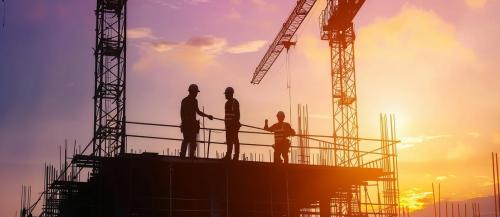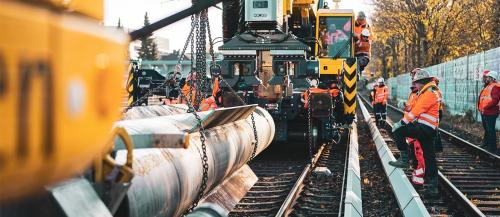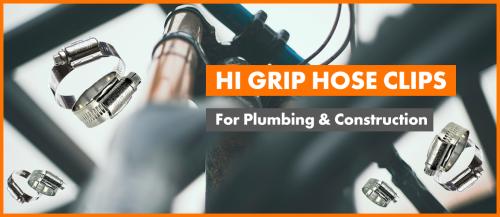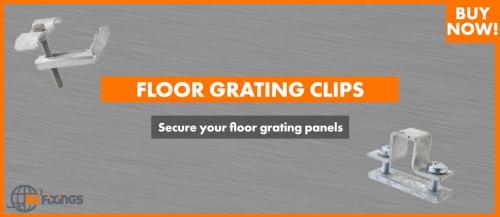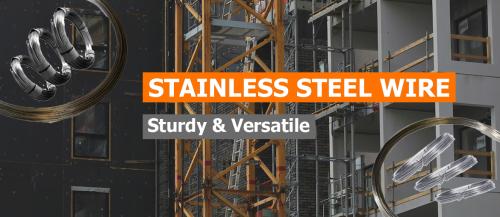BS Fixings are experts in everything stainless steel, with over 20 years of experience and knowledge in the industry. If you are looking to find accurate and useful information about stainless steel, you can rely on us!
On our website, you will be able to find many of our products in different stainless steel grades, but you might be wondering what these mean. In this blog post, we discuss the most popular steel grades, 304 and 316, and explain the difference between them and what they are useful for.
What are Stainless Steel Grades?
Stainless steel is known for its resilience against corrosion and its overall strength, as a result of its chromium component. The different grades are based on the different alloy compositions of the steel, which each produce their own characteristics. Each stainless steel grade must contain a minimum of 10.5% chromium to form its composition and depending on the grade, the percentage can be higher. Each grade will also have other elemental components which will change the attributes of the material, for example, molybdenum, nickel, aluminum, copper, and titanium.
The common grades, 304 and 316, are both austenitic chromium-nickel stainless steel grades, meaning they have exceptional resistance against corrosion and have excellent mechanical qualities. They both contain a high level of carbon, which allows the material to withstand extreme temperature conditions, both with melting points over 1375°C. These grades appear in a wide range of industries, which are discussed below. Hopefully, after reading our post you will be able to choose which grade is suitable for you.
304
Grade 304 (also known as A2 stainless steel) is one of the most popular stainless steel choices and can be found in various everyday appliances and products such as dishwashers, kitchen utensils, fasteners, and plenty more. 304 contains between 18-20% chromium and 8-10.5% nickel, which are chemical components that make this grade robust, malleable, and corrosion-resistant. As a result of these elements, 304 is not affected by oxidizing acids and is therefore easy to sterilize, making it suitable for commercial industries.
This grade type is commonly used around the globe due to its strength and its value for money.
Common uses of 304:
- Kitchen appliances and machinery
- Fasteners and fixings
- Commercial food equipment and preparation
- Piping
- Architectural structures – lifts, escalators, sculptures, etc.
316
These two grade types have a similar structure but, unlike 304, the 316 grade contains about 2-3% molybdenum, an alloy which makes this grade even more resistant to corrosion, especially in chloride and saline environments such as the ocean. The molybdenum element also makes 316 a popular choice within the industrial industry, as it can resist against chemical solvents. If you are working in harsher environments, 316 may be a better option. Although this grade is slightly more expensive due to its larger chemical make-up, it is definitely worth the money, because of its durability and longevity.
Common uses of 316:
- Marine equipment
- Commercial kitchens and appliances
- Medical apparatus and pharmaceutical manufacturing
- Boilers and pressure vessels
- Industrial storage equipment
The choice between 304 and 316 stainless steel grades is dependent on the environmental conditions, for example, if you’re planning to work in an environment that is exposed to saline chemicals and corrosives, 316 is more suitable. If you are looking for a more affordable option, you should consider the 304 grade. However, if you are still struggling to decide which grade to choose, for many applications the selection of grade is interchangeable, as they both offer similar characteristics.
Here at BS Fixings, we offer a wide range of high-quality products in 304 and 316 stainless steel grades which include, stainless steel banding, stainless steel wiring, screws, nails, bolts, and more! We hope that our descriptions of the two grades has provided you with more knowledge and understanding. If you require any more information or further assistance, our team will be more than happy to help. Please get in touch today by calling 03330 11718 or contact us by email.

